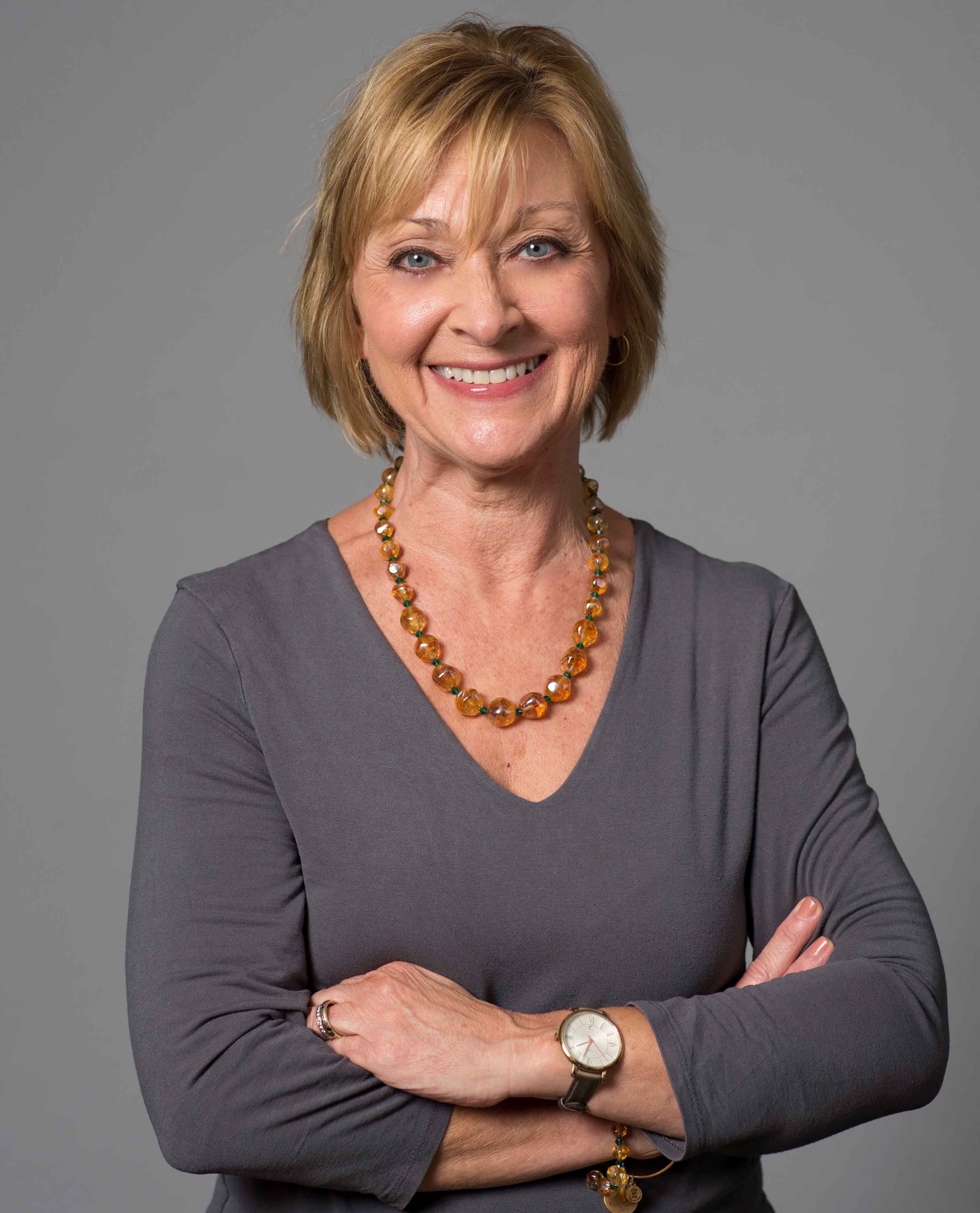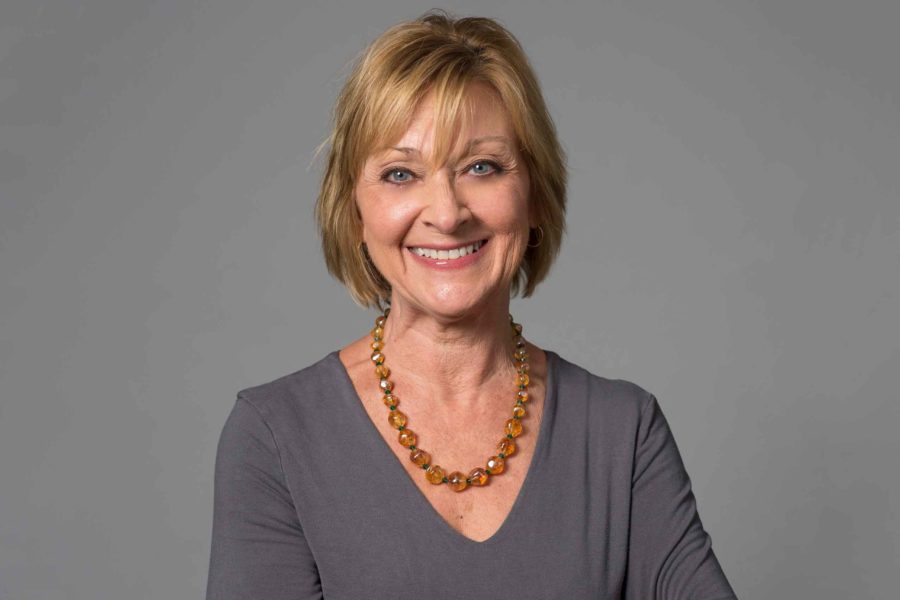
Courtesy of Lu Ann Reeb
Lu Ann Reeb is an Emmy-award winning television executive producer, entrepreneur, and professor at Emerson College.
What sets some successful entrepreneurs apart from others is their ability to adapt or even foresee changes in their industry. Having spent 20 years in broadcast journalism as a reporter, producer and news director, Lu Ann Reeb anticipated the internet’s role in content creation and digital storytelling as a marketing tool for businesses. Right before the turn of the new millennium, she founded her first media marketing company and went off to launch two other companies in online media.
Reeb currently shares her wisdom with the next generation of business owners and storytellers as Assistant Dean of the marketing communications department and director of entrepreneurial and business minor studies at Emerson College. Reeb also teaches the Entrepreneurship Program (E3) at Emerson, which culminates in the annual E3 Expo and student pitch competition, with cash prizes at stake.
In a conversation with Exhale, she tells us her entrepreneurial story, how she found passion in teaching and how sometimes the best way to start a company is to just do it!

Exhale: How did you pivot from your traditional media career to content marketing and storytelling for other businesses?
Lu Ann Reeb:When I was at WBZ-TV news station in Boston, the internet came along, and it was quite the paradigm shift for news organizations, both TV and print. Unfortunately, local newspapers and TV stations saw it as competition and didn’t embrace it, which sounds strange now because how could that be competition when it’s really another channel distribution.
Some of us in the newsroom thought, “Well, maybe we can start something using our storytelling, writing and production skills to tell stories on the internet.” This was before YouTube. I started my first company, Skyways Communications, in 1999 to create video stories on the internet for companies that wanted to tell their story.
We decided to leverage the new technology to keep telling stories. It worked out well with the timing of things.

Not coming from a traditional business background, what was it like launching your first company?
I knew nothing about business. But, I did, on a fundamental level, understand that I needed to generate revenue, and I needed to make money in order to fund the organization, which is why our clients were other businesses.
I went to Suffolk University and got my MBA to figure out the business part of it. We pitched to investors to fund Skyways and got $1 million dollars. For my second and third company, Legal Talk Network and Boston Media Group, we bootstrapped from the proceeds we were already making in the first company. We saved a portion of our profits to reinvest in the new startup. We had a strong client base with Skyways and so we communicated to those clients that we were dissolving Skyways in 2010 and launching Boston Media Group as our new brand with an added focus on consulting to businesses on their communication strategies.
Legal Talk Network, an online media network of podcasts hosted by legal professionals, launched in 2005 and was acquired by another company in 2012. I still do some consulting work and video producing for Boston Media Group, but my priority is teaching and serving as a dean.

What big lessons did you have to learn as an entrepreneur?
At first, I didn’t know how to do pricing. Pricing was a big challenge for me, especially with a product like ours. There weren’t any examples for us to look to back then. We couldn’t see what others were charging to produce videos for companies. We tended to under price, not understanding the incredible value of telling a story with video. We stumbled around a lot with that.
Now, I teach my students not to undervalue what they’re offering and to get a lot of feedback from potential customers. You have to see what the market will bear.

How did you get into teaching, and why is it important for you to mentor young entrepreneurs?
After I started my two other companies, I was fortunate enough to be a guest speaker at Emerson College, and I really liked it. I love talking with students. One thing led to another and I started teaching a class, then two classes, and then they asked me to teach full-time at Emerson in 2012.
I read somewhere that 90 percent of high school students say they want to start their own company. There’s no one right path to becoming an entrepreneur, and whatever I can do to help them on their journey and help them get started, is what gets me up in the morning.
When I started out as an entrepreneur, I didn’t really stop to think of the hurdles I had to overcome. I just did it. I wasn’t by myself. I had a team, but I was the founder. I didn’t have a fear of failure, and I’m not sure where that comes from, maybe from being a journalist.
I like helping students discover their own motivation, their own drive and their own grit to be able to do it.

What are some exciting ventures you’ve seen from young entrepreneurs?
Emerson alumna Evy Chen founded Evy Tea, an all-natural cold brew tea product, and she won her year’s E3 pitch competition.
Last year’s pitch competition winner was a student who created a searchable database app for users with food allergies. Users can decipher specific ingredients from specific products and see if they work with their dietary restrictions.
We have an amazing roster of E3 alums and their successful ventures.



 4 min read
4 min read


